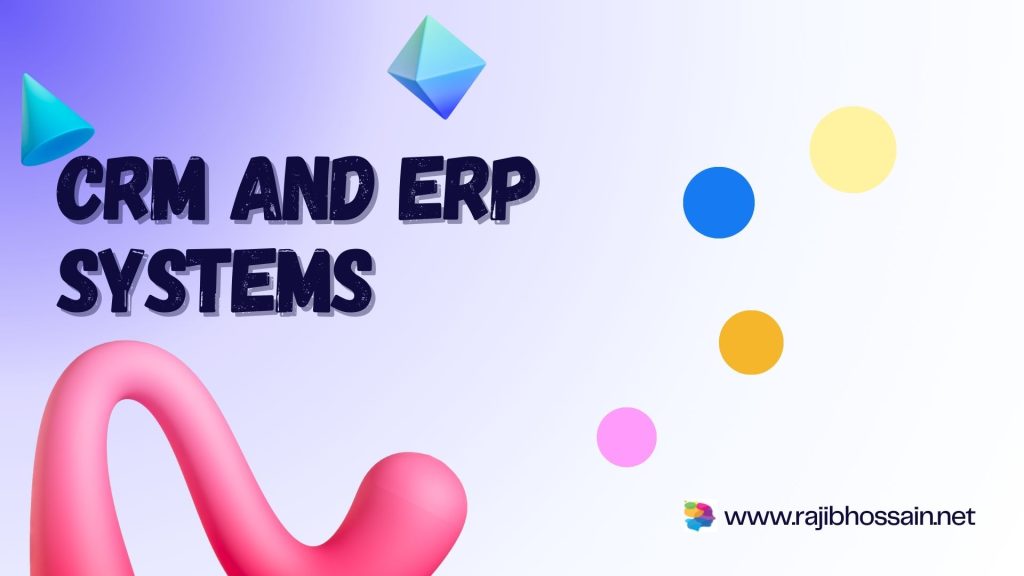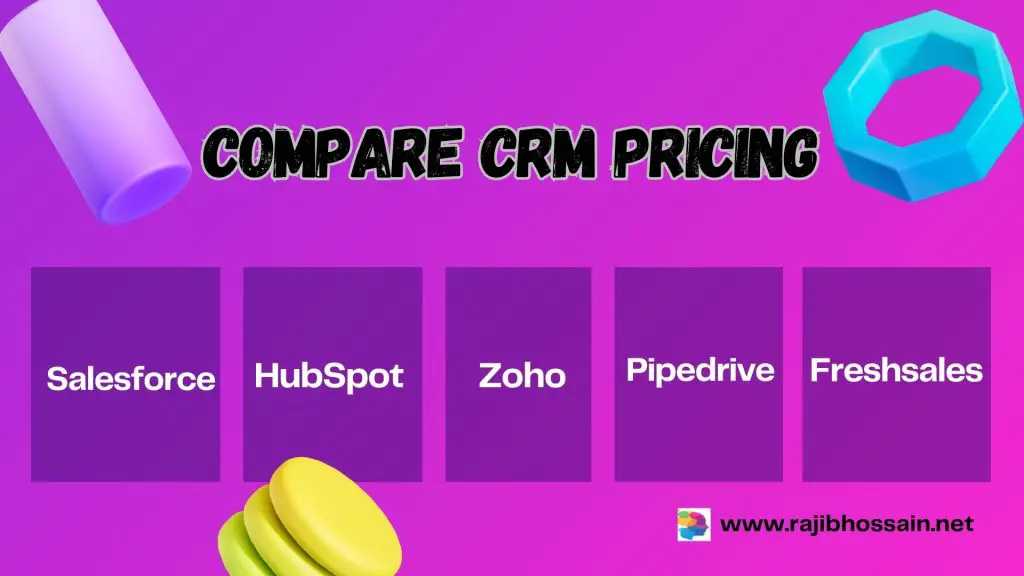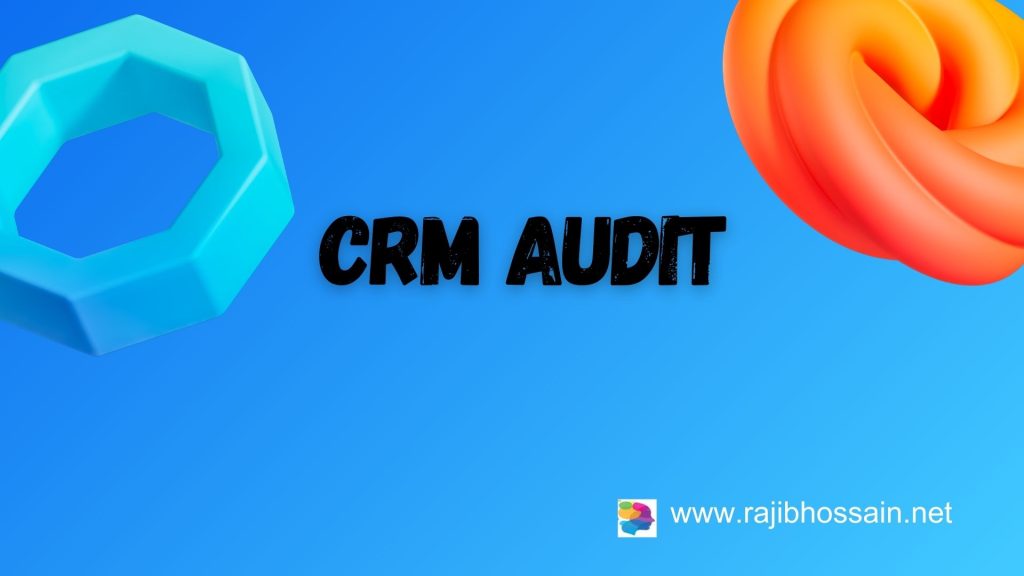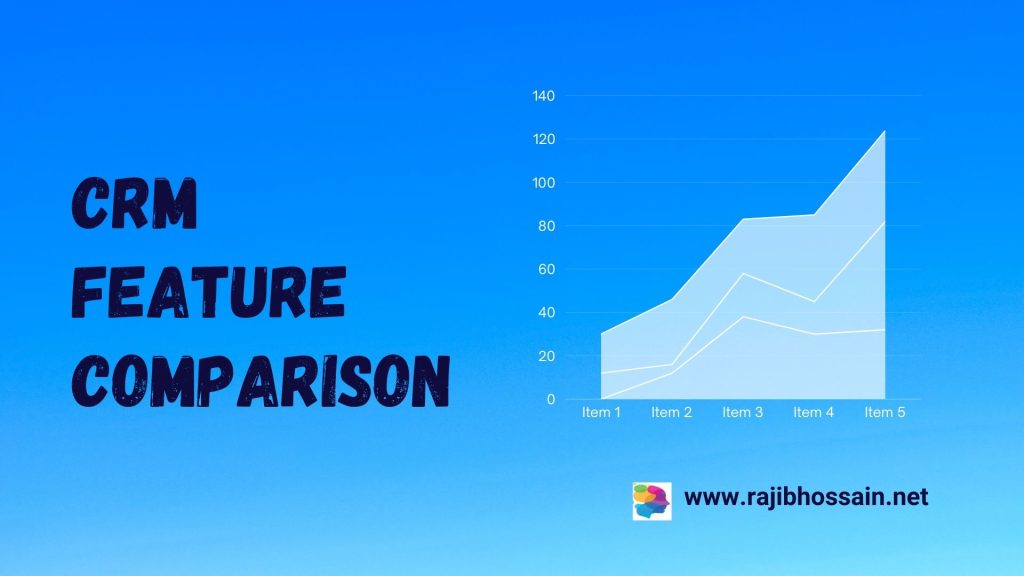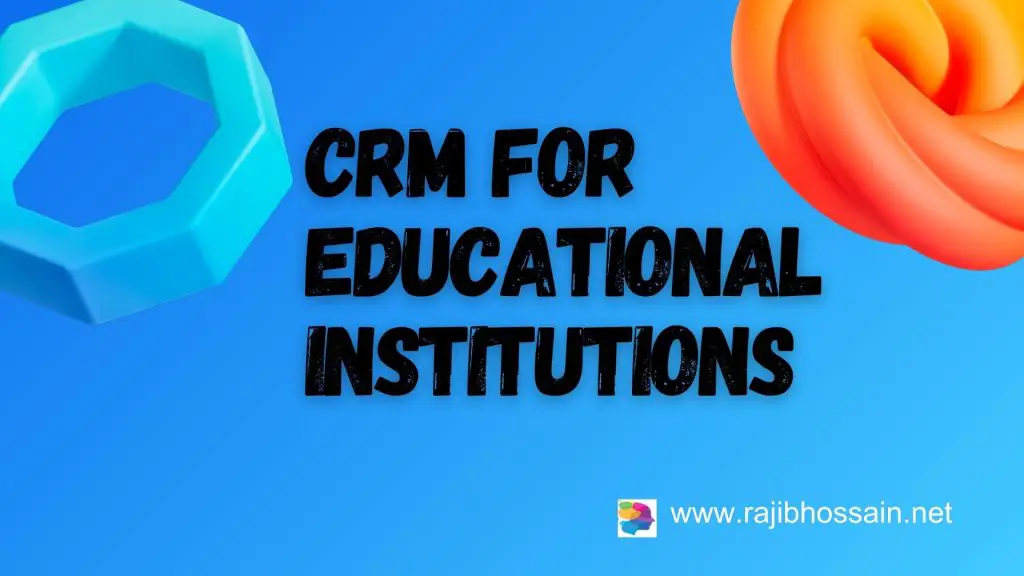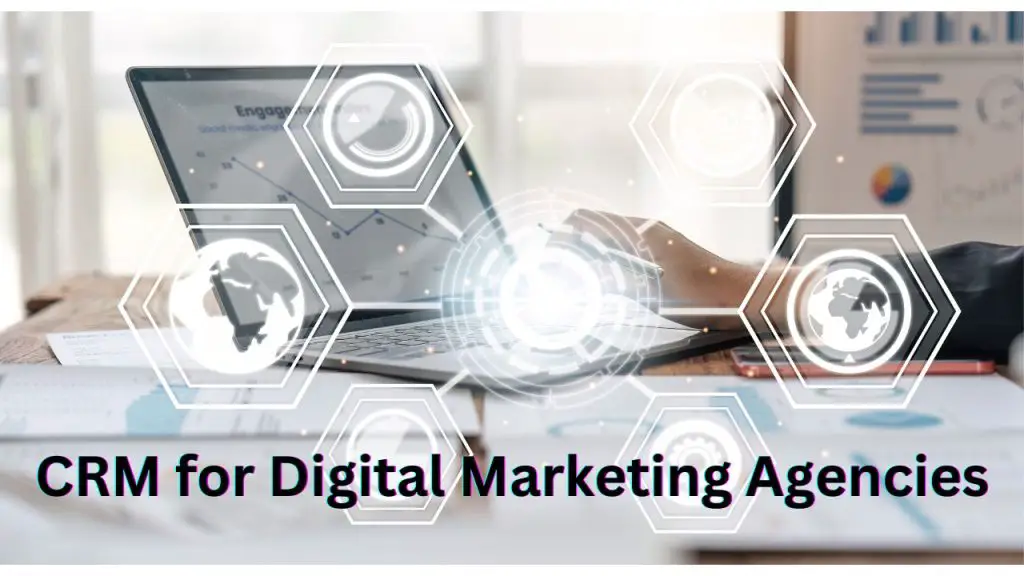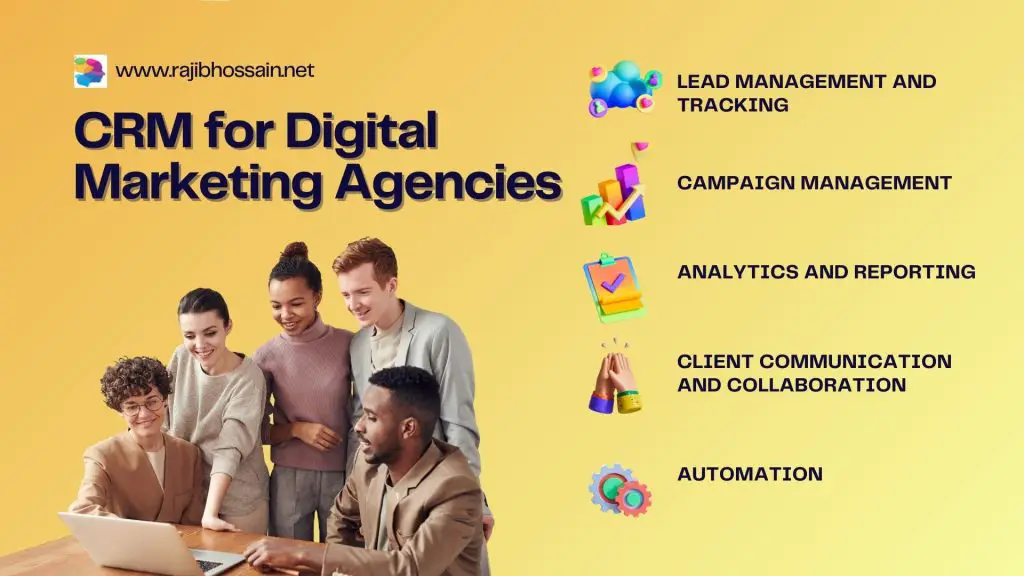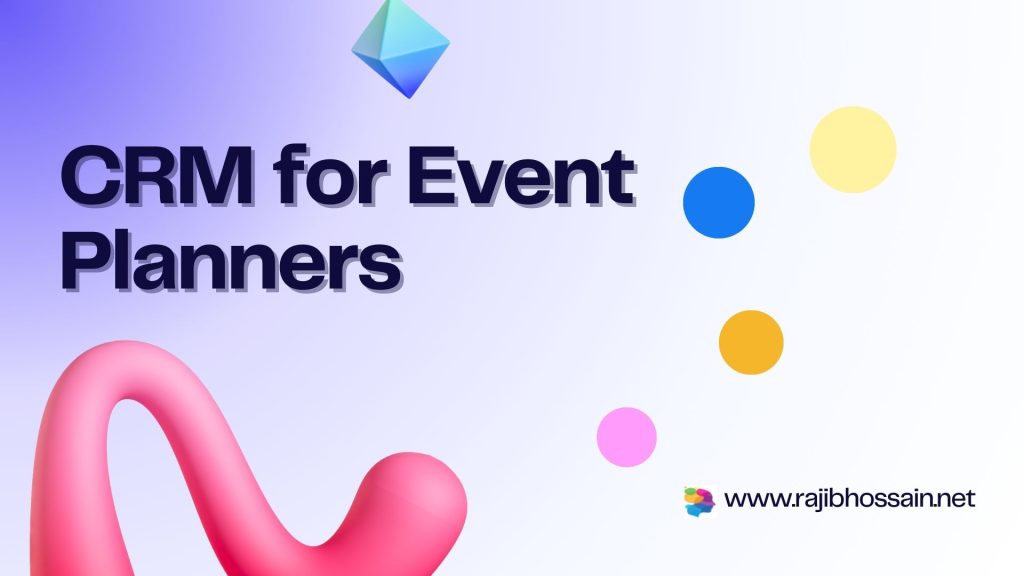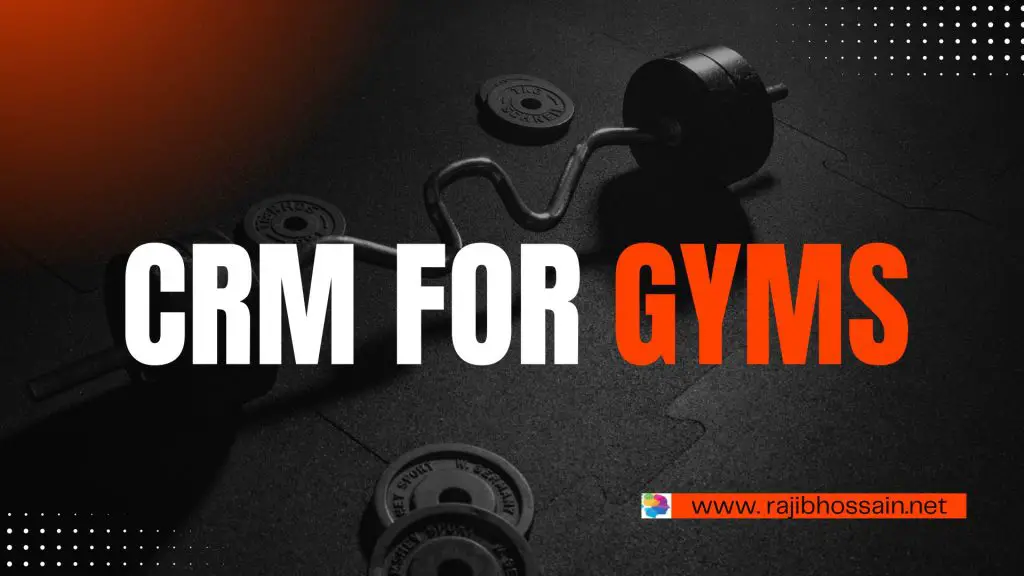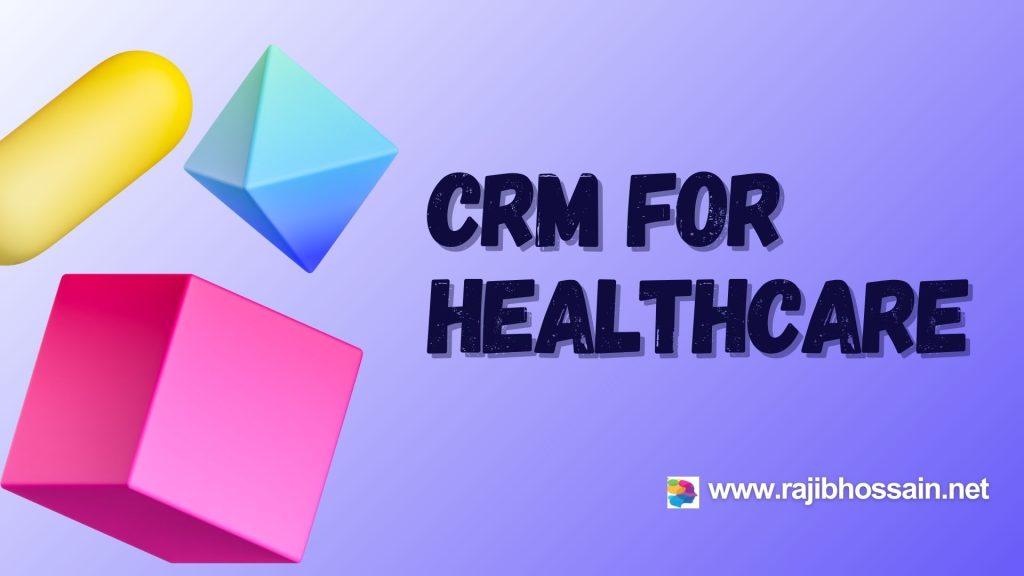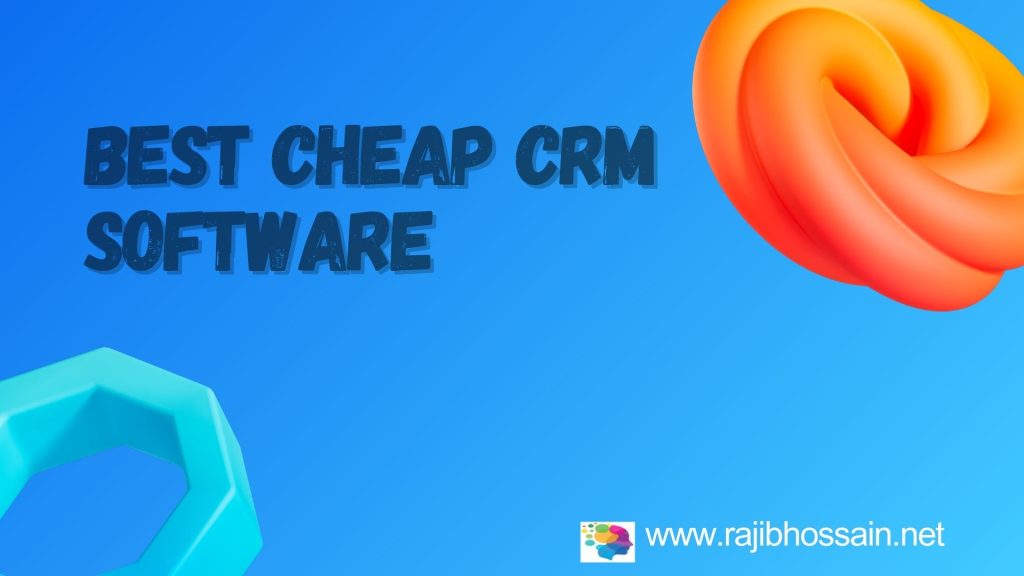
Customer Relationship Management (CRM) software is essential for managing interactions with customers, streamlining operations, and driving business growth. However, not all businesses can afford expensive CRM solutions. This article explores the best cheap CRM software options, providing effective and affordable solutions to enhance your business operations.
Key Features to Look for in CRM Software
- Contact Management: Store and manage detailed customer information.
- Sales Pipeline Management: Track sales opportunities and progress through different stages.
- Marketing Automation: Automate marketing tasks such as email campaigns and social media posts.
- Task Automation: Automate routine tasks such as follow-ups and reminders.
- Mobile Access: Access CRM data on the go through mobile apps.
- Integration Capabilities: Seamless integration with other business tools like email, calendars, and accounting software.
Top Affordable CRM Software Options
- Zoho CRM
- Overview: Zoho CRM offers a versatile and budget-friendly solution for businesses of all sizes.
- Features: Contact management, sales pipeline management, marketing automation, task automation, and mobile app.
- Pricing: Starts at $12 per user per month.
- Why It Stands Out: Zoho CRM’s comprehensive feature set and affordability make it a popular choice for businesses looking to enhance their customer management.
- HubSpot CRM
- Overview: HubSpot CRM provides a free, easy-to-use solution with powerful features.
- Features: Contact management, sales pipeline tracking, marketing automation, task automation, and integration with various tools.
- Pricing: Free plan available; additional features available in premium plans starting at $50 per user per month.
- Why It Stands Out: The free plan with robust features makes HubSpot CRM an attractive option for businesses on a budget.
- Bitrix24
- Overview: Bitrix24 offers a free CRM solution with comprehensive tools for managing business operations.
- Features: Contact management, sales pipeline tracking, email marketing, task automation, and project management.
- Pricing: Free plan available; premium plans start at $39 per month for up to 5 users.
- Why It Stands Out: Bitrix24’s generous free plan and extensive feature set provide great value for small to mid-sized businesses.
- Agile CRM
- Overview: Agile CRM offers a powerful and affordable solution designed to help businesses grow.
- Features: Contact management, sales pipeline tracking, marketing automation, email marketing, and customer service tools.
- Pricing: Free plan available; premium plans start at $8.99 per user per month.
- Why It Stands Out: Agile CRM’s affordable pricing and robust features make it an excellent choice for businesses looking to enhance their operations without significant investment.
- Freshsales
- Overview: Freshsales by Freshworks provides an affordable CRM solution with a focus on sales and lead management.
- Features: Contact management, sales pipeline tracking, email marketing, and AI-based lead scoring.
- Pricing: Starts at $12 per user per month.
- Why It Stands Out: Freshsales’ intuitive interface and advanced features like AI-based lead scoring offer great value for businesses focused on sales growth.
Tabular Comparison of Best Cheap CRM Software
| CRM Software | Starting Price per User per Month | Key Features | Free Plan Available | Integrations | Mobile App |
|---|---|---|---|---|---|
| HubSpot CRM | Free | Contact management, email tracking | Yes | Gmail, Outlook, Zapier | Yes |
| Zoho CRM | $12 | Sales automation, workflow management | Yes (up to 3 users) | Mailchimp, Google Workspace | Yes |
| Freshsales | $19 | Lead scoring, built-in phone, email tracking | Yes (limited features) | Mailchimp, Google Calendar | Yes |
| Pipedrive | $12.50 | Pipeline management, sales forecasting | Yes (14-day trial) | Slack, Trello, Google Apps | Yes |
| Bitrix24 | Free | Task management, communication tools | Yes (limited features) | Mailchimp, Slack, Dropbox | Yes |
FAQs: Cheap CRM Software
1. What qualifies a CRM as “cheap” or affordable?
- Affordable CRMs typically start at a lower price point per user per month compared to enterprise-level CRMs. They often offer basic to mid-tier features suitable for small to medium-sized businesses.
2. Is there a significant difference between cheap CRMs and more expensive ones?
- Cheap CRMs generally offer essential functionalities such as contact management, sales pipeline tracking, and basic integrations. More expensive CRMs often provide advanced features like advanced analytics, AI-driven insights, and extensive customization options.
3. Are there limitations to cheap CRM software compared to higher-priced options?
- Yes, cheap CRMs may have limitations in terms of the number of users supported, storage capacity, or advanced automation capabilities. Higher-priced CRMs often offer more scalability, customization, and integration options.
4. Can cheap CRMs handle business growth?
- Yes, many affordable CRMs are designed to scale with growing businesses. However, it’s important to assess scalability features such as user limits, data storage, and the ability to handle increased transaction volumes.
5. Do cheap CRMs offer mobile access and integration with other business tools?
- Yes, most cheap CRMs provide mobile apps for on-the-go access and integrate with popular business tools such as email clients (Gmail, Outlook), marketing platforms (Mailchimp), and productivity apps (Google Workspace, Slack).
6. What should I consider when choosing a cheap CRM for my business?
- Consider your specific business needs, the required features (e.g., sales pipeline management, customer support tools), ease of use, scalability options, customer support quality, and integration capabilities with existing software.
7. How secure are cheap CRM systems?
- Security measures vary among CRM providers, but reputable cheap CRM systems typically include features like data encryption, access controls, and regular backups. Verify compliance with data protection regulations relevant to your business (e.g., GDPR, CCPA).
8. Can I customize a cheap CRM to fit my business processes?
- Yes, many affordable CRMs offer customization options to adapt to your business workflows. Customization may include adding or modifying fields, creating custom reports, and integrating with specific third-party applications.
9. Is training required to use a cheap CRM effectively?
- While some cheap CRMs are intuitive and user-friendly, training and onboarding resources (such as tutorials, webinars, and support documentation) can help maximize your CRM’s efficiency and adoption within your team.
10. How can I ensure a smooth transition to a new cheap CRM?
- Plan the migration process carefully, including data migration strategies, integration with existing systems, user training, and testing phases. Communicate changes to your team and stakeholders to minimize disruption during the transition.
Conclusion
Choosing the best cheap CRM software can significantly impact your business’s ability to manage customer relationships and drive growth. Whether you opt for Zoho CRM’s versatile features, HubSpot CRM’s robust free plan, or Freshsales’ sales-focused tools, the right CRM will help you streamline your operations and enhance customer satisfaction.

